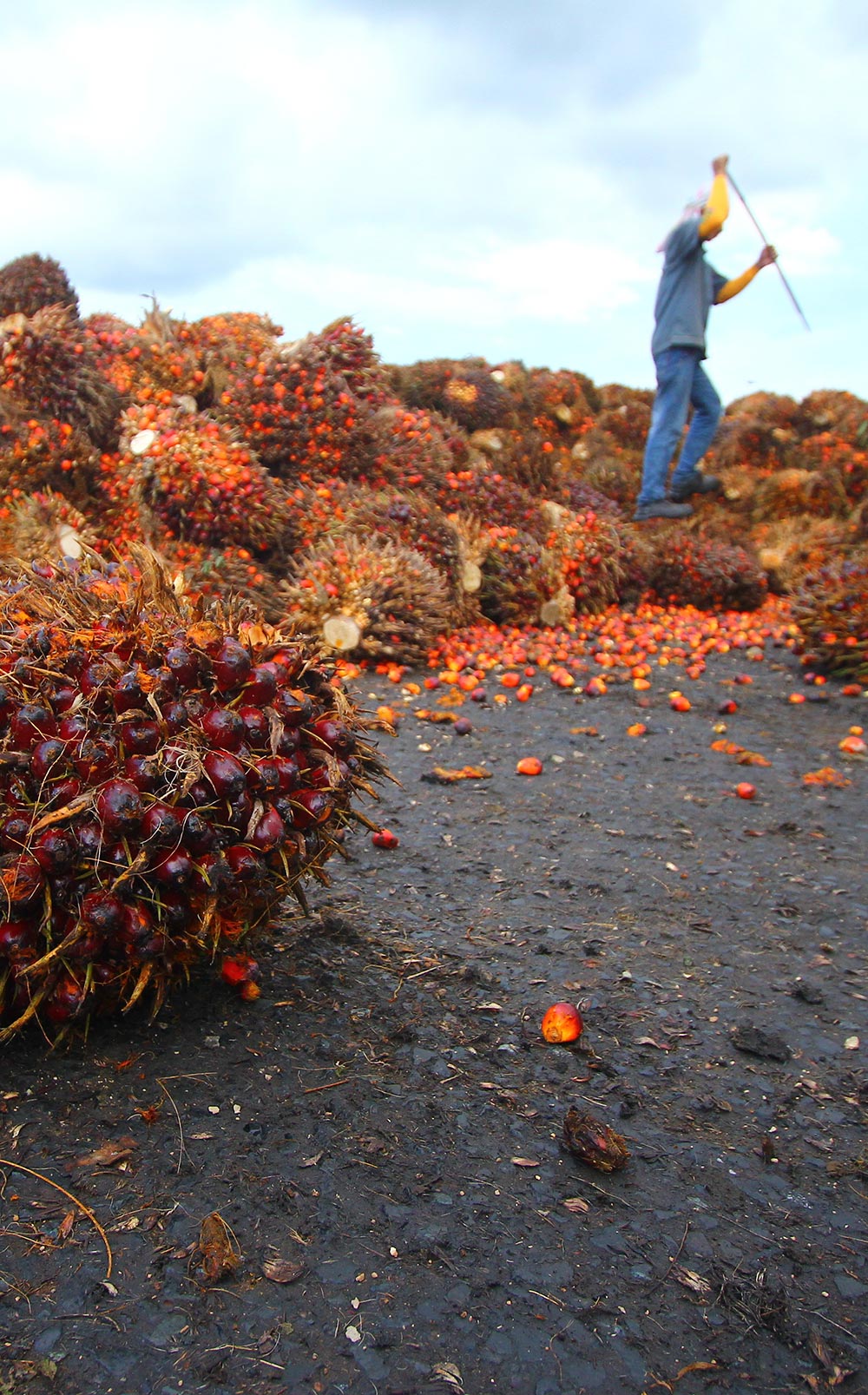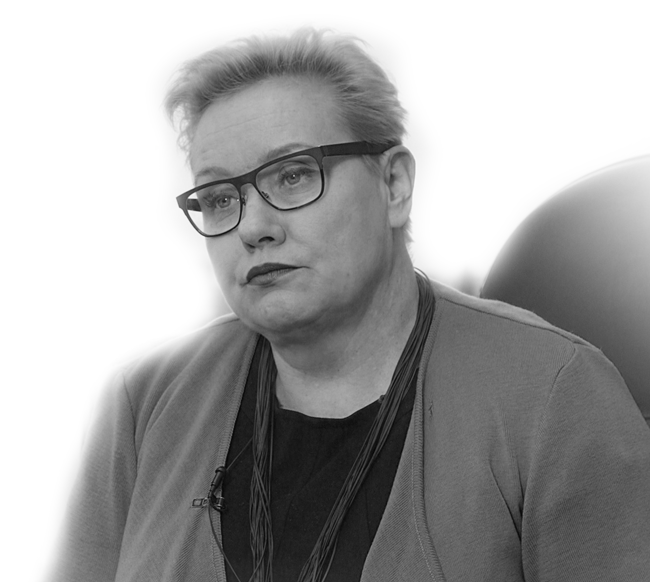Battleground Brussels
The ongoing biofuels battle playing out in Brussels has mainly focused on reducing the subsidised market of “first generation” land-based biofuels. Environmentalists and scientists claim biofuels, especially biodiesel, are dangerous for the environment. In fact, the European Commission’s own studies support this claim, showing that, once indirect land-use change (ILUC) is included, biodiesel creates more carbon emissions than it saves.
Needless to say, this argument is extremely polarising, as the biodiesel industry represents two-thirds of the €13 billion biofuel market. Faced with these findings, an industry that was originally created by this policy now felt under threat. In response, it reacted with a flurry of campaigns, social media chatter, press articles, letters addressed to member states’ ambassadors, and communications with the European Parliament and European Commission aimed at undermining the credibility of the ILUC research.
At first glance the tactic seemed to have worked; in its published proposal in October 2012 the Commission, for all practical purposes, ignored the science and dropped the ILUC factors to calculate the environmental impact of biofuels. However, in its place, the proposal introduced a 5% cap on biofuels produced from food crops. This decision turned the tide in the biofuels debate, focusing it on the use of edible crops for the production of biofuels. With such crops as wheat, corn, rapeseed, sugar cane and palm oil being used in both food products and biofuels production, the issue became about which use should have priority access to available agricultural land and how this decision impacts food prices and land rights worldwide.
Following the Commission’s proposal, in September 2013 the European Parliament weighed in on the debate with a vote to strengthen the proposal by including numerous safeguards and by reintroducing ILUC into the reform. Not surprisingly, the Parliament itself was extremely polarised on the issue. In the end, Corinne Lepage, the MEP responsible for the file, did not get the mandate needed to open negotiations with the European Council. Following the vote, MEP Lepage tweeted: “The European People’s Party and the far right have defended the first generation biofuels lobby well... Seven billion euros per year subsidy!”
The Council, for its part, sided with the Commission on the science, significantly weakening the ILUC factors. On the issue of capping biofuels produced from food crops, the Council proposed a 7% limit, which was officially agreed in December 2014.
Meanwhile, the debate continues in the new European Parliament elected in May 2014. The biodiesel industry keeps delaying and obstructing the process in order to distract from the science while continuing to benefit from their subsidies.






